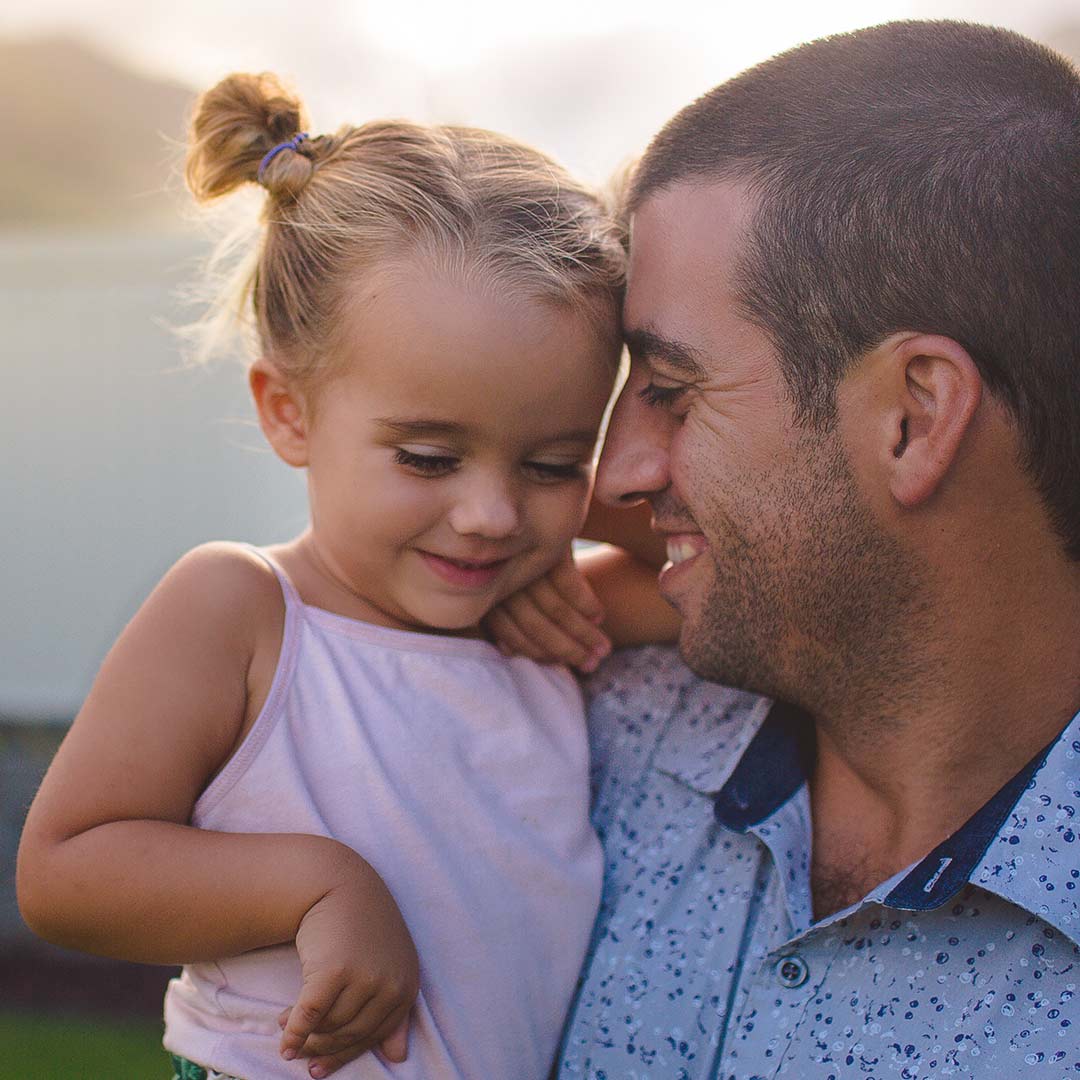Your toddler was finally sleeping well—until the night wakings, nap refusals, and bedtime battles started again. Welcome to the 18-month sleep regression, a challenging but normal phase of development. At this age, toddlers experience major developmental milestones that can temporarily disrupt their sleep. With a better understanding of the causes, signs, and strategies for managing this phase, you can help your little one—and yourself—navigate it with confidence.
What is the 18-Month Sleep Regression?
The 18-month sleep regression is a period of disrupted sleep, typically lasting 2–6 weeks, caused by your toddler’s rapid growth and development. This regression can show up in a few ways — waking up a lot at night, having a hard time falling asleep, taking shorter naps, and being fussier than usual. While it can feel exhausting, this phase it’s also a sign of exciting progress in your toddler’s cognitive and physical development. Sleep training methods are hard during these phases too.
Kim Says: “The 18-month regression often coincides with big developmental leaps, like walking, teething, and asserting independence. These changes can temporarily make sleep harder, but with consistent routines and gentle strategies, your toddler will return to more restful nights.”
Signs of the 18-Month Sleep Regression
You may notice these common signs during the regression:
- Bedtime Resistance: Refusing to settle down at bedtime or protesting sleep routines.
- Nighttime Awakenings: Waking multiple times during the night, often seeking comfort.
- Nap Refusals: Struggling to fall asleep during naps or waking up too soon.
- Early Waking: Starting the day much earlier than usual.
- Changes in Behavior: Increased clinginess, irritability, or testing limits throughout the day.
Kim Says: “If your toddler suddenly resists naps or wakes frequently, it’s likely tied to developmental leaps. While it’s frustrating, it’s also a sign they’re growing in exciting ways.”
Causes of the 18-Month Sleep Regression
Several factors contribute to this phase of disrupted sleep:
- Developmental Milestones
- Cognitive Progressions: Toddlers at this age are developing problem-solving skills, language, and self-awareness. Their growing brains are processing so much that it can be difficult to wind down at night.
- Motor Skills: Many toddlers are mastering walking, running, or climbing, which can lead to restlessness during sleep as they practice these new abilities in their crib.
- Separation Anxiety
Around 18 months, toddlers often become more aware of being separated from their caregivers, making bedtime particularly challenging. - Teething
Pain from emerging molars and canines can also disrupt nighttime sleep and naps. - Nap Transitions
Many toddlers at this age begin the transition from two naps to one. This adjustment can temporarily throw off their sleep cycles, leading to overtiredness and difficulty settling at night. - Independence and Control
Your toddler is discovering a sense of independence and may test boundaries, including resisting bedtime and naps.
Kim Says: “It’s helpful to recognize the root causes of sleep regressions—whether it’s teething, separation anxiety, or developmental milestones—so you can respond with empathy and strategies tailored to your toddler’s needs.”
The 18-month sleep regression can feel like a perfect storm of changes—from developmental milestones to teething and newfound independence. Research has shown that shared environmental factors, like bedtime routines and the sleep environment, are the biggest influences on your toddler’s sleep at this age (Brescianini et al., 2011). While every child is unique, creating a consistent and predictable routine can help provide the stability your toddler needs during this phase.
It’s also fascinating to learn that genetics may play a role in the way some toddlers respond to these changes. For example, if your child has inherited a tendency toward lighter sleep or more frequent night wakings, you may need to lean on routines and sleep coaching even more to help them navigate this stage. Knowing this can be reassuring—it’s not about what you’re doing wrong but about tailoring your approach to your toddler’s individual needs!
Curious about naps?
Read: Nap Training: How to Get Good Naps for Good Nights
.

Sleep Needs for an 18-Month-Old
At 18 months, toddlers typically need around 13–14 hours of sleep per day, including:
- 11–12 hours of nighttime sleep
- 2–3 hours of nap sleep, usually consolidated into one afternoon nap
Maintaining a predictable nap schedule and ensuring your toddler gets adequate daytime rest can prevent overtiredness, which often makes it harder to settle at bedtime.
Read: Sleep Schedules – Your Thirteen to Eighteen-Month-Old
How to Handle the 18-Month Sleep Regression
Here are practical strategies to help your toddler through this phase:
- Stick to a Consistent Routine
Maintain familiar bedtime and nap routines to create a sense of security. Consider an 18 month sleep schedule. Activities like reading a book, singing a lullaby, or a calming bath can help signal that it’s time to wind down. We hear it all the time: routines are the foundation of healthy sleep—and for good reason! Research supports that the environment we create for our children plays a significant role in shaping their sleep patterns (Brescianini et al., 2011).Think about it this way: when your toddler knows what to expect at bedtime—whether it’s a calming bath, a story, or a favorite lullaby—it signals to their brain that it’s time to wind down. Predictable routines not only make them feel secure but also help regulate their sleep cycles. Stick with those comforting bedtime rituals, even when it feels like nothing is working, because consistency truly pays off over time - Address Separation Anxiety
Use a goodbye ritual at bedtime, like a special phrase or a hug, to reassure your toddler. A comfort item, like a lovey, can also provide extra security. - Manage Teething Pain
If teething is disrupting sleep, consider safe remedies like chilled teethers or consult your pediatrician about teething pain medication. - Encourage Skill Practice
Provide plenty of opportunities during the day for your toddler to practice new skills, like walking or climbing. This can reduce the urge to practice in the crib at night. - Avoid Creating New Sleep Props
While it’s important to comfort your toddler during this phase, try not to introduce habits like rocking or feeding to sleep, as they may lead to new sleep associations.Kim Says: “The Sleep Lady Shuffle is a gentle, effective way to provide comfort while teaching your toddler to fall asleep independently. It’s a gradual approach that works with their temperament and needs.”
- Adjust Nap and Bedtime Schedules
On days when naps are shorter or skipped, consider moving bedtime earlier to prevent overtiredness.
Understanding Your Toddler’s Unique Sleep Needs
It’s easy to feel frustrated when you’re doing all the ‘right things,’ but your toddler’s sleep still feels unpredictable. Did you know that genetics can influence how some toddlers sleep? Research shows that while shared environmental factors like routines and sleep environments account for much of a child’s sleep behaviors, genetics can also play a role—especially when it comes to things like lighter sleep or frequent night wakings (Brescianini et al., 2011).
This doesn’t mean you’re stuck, though! Understanding that every child is different can help you set realistic expectations. Pairing gentle, consistent strategies like The Sleep Lady Shuffle with a supportive sleep environment can help even the most sensitive sleepers feel secure and well-rested over time.
When to Seek Professional Help
If sleep disruptions persist beyond six weeks or are accompanied by concerning symptoms, consider consulting a pediatric sleep consultant or your child’s pediatrician.
- A pediatric sleep expert can create a customizable sleep training plan tailored to your toddler’s needs.
- If teething pain is severe or your toddler exhibits signs of an underlying issue, a pediatrician can provide further evaluation.
Kim Says: “When sleep regressions feel overwhelming, don’t hesitate to reach out for support. A certified sleep consultant can help you navigate this phase with confidence and create a plan that works for your family.”
How Long Does the 18-Month Sleep Regression Last?
Most regressions can last between 2–6 weeks, depending on the child and how consistently their caregivers support healthy sleep habits. Remember, this phase is temporary, and with patience and gentle sleep coaching, your toddler will return to more predictable sleep patterns.
Coping Strategies for Caregivers
Caring for a toddler during a sleep regression can be exhausting. Here’s how to take care of yourself while supporting your child:
- Prioritize Self-Care: Rest when your toddler naps, and ask for help from your partner or family when needed.
- Maintain Perspective: Remind yourself that regressions are temporary and part of healthy development.
- Lean on a Support Network: Whether it’s a parenting group or a sleep consultant, seeking guidance can make a big difference.
Kim Says: “Parenting through sleep regressions is tough, but taking care of yourself is just as important. A well-rested parent can better support their child through these challenges.”
Final Thoughts: Growth Through Change
The 18-month sleep regression is a sign of your toddler’s growth and independence. While this phase can feel draining, it’s temporary—and with consistency and gentle strategies, you’ll guide your little one back to restful nights.
Kim Says: “Every regression is an opportunity to build better sleep habits. Trust your instincts, stay consistent, and remember—you’re doing an amazing job.”
Citations
Brescianini, S., et al. (2011). Genetic and environmental factors shape infant sleep patterns: A study of 18-month-old twins. Pediatrics, 127(5), e1296–e1302. https://pubmed.ncbi.nlm.nih.gov/21482604/#:~:text=Sleep%20duration%20was%20substantially%20influenced,and%20diurnal%20sleep%2C%20respectively).




